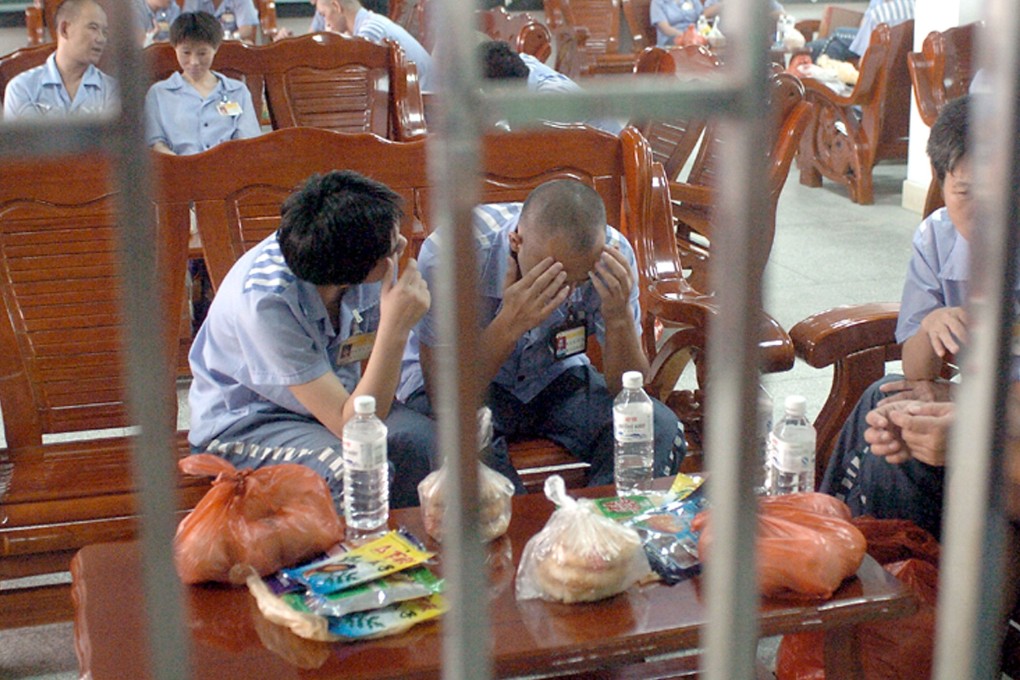China mulls prisoner amnesty for 70th anniversary of People’s Republic
- Legislation under consideration but no details on inmates who would qualify
- Proposal comes four years after about 31,000 prisoners released for World War II commemorations

China plans to pardon some of its prisoners as part of celebrations for the 70th anniversary of the founding of the People’s Republic.
The National People’s Congress Standing Committee, chaired by Li Zhanshu, reviewed a proposal to grant prisoners amnesty later this year when China marked the anniversary, state news agency Xinhua reported on Wednesday, without specifying which inmates would be affected.
If passed, the amnesty would be the second during Xi Jinping’s presidency and the ninth since 1949.
The first seven were granted during late chairman Mao Zedong’s tenure, with the initial amnesty issued in 1959 on the 10th anniversary of the republic.
Observers said the pardons would carry either symbolic meaning or be based on a specific criterion such as age.
“Although the amnesty is there as [an act of] goodwill to society, there is still a limit on how flexible the policy can be – the boundaries will not be too wide,” Wuhan University law professor Qin Qianhong said.